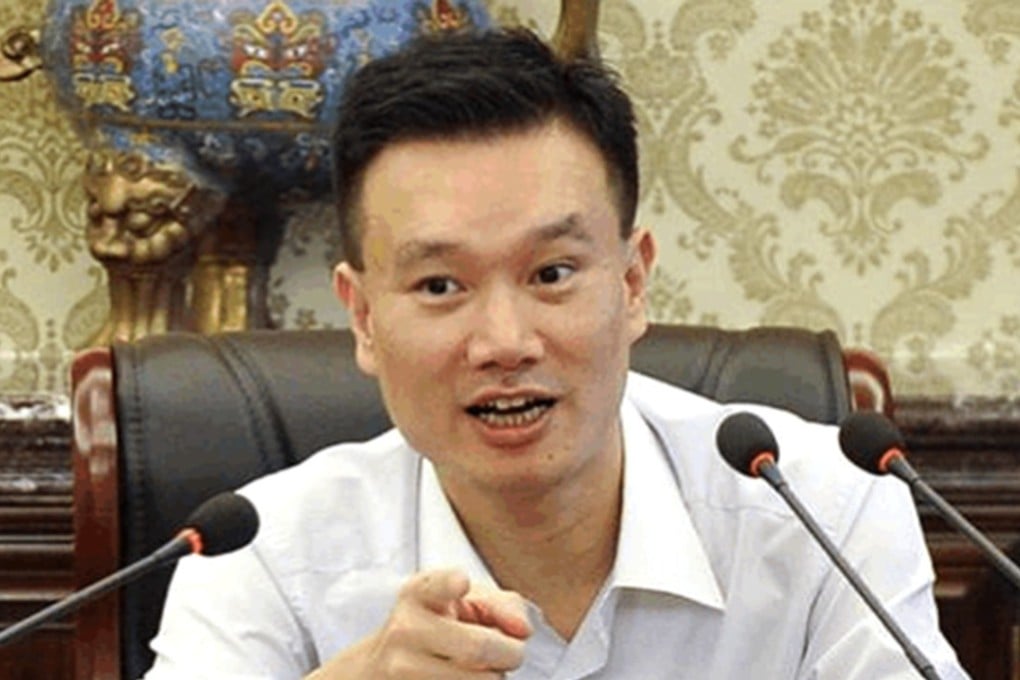Meet CEFC China, a private company that’s managed like a state organisation

CEFC China Energy’s headquarters in Shanghai’s central business district features a unique juxtaposition of western and Chinese architectural elements, much like the way it has been adding western assets to its growing portfolio of businesses that are still mainly Chinese at the core.
Similar parallels can be drawn on its capability to blend private enterprises’ opportunism and speed of deal execution with the financial muscle of state policy banks it can leverage, as well as its top brass that mixes various Communist party representatives with career business managers.
“The headquarters is designed as a western-styled palace integrating classic elegance and modern elements ... with a unique Chinese pavilion deep inside the courtyard,” the firm said in a section of its website dedicated to the building.
Building on its huge oil and gas trading and logistics operation in China, the firm has embraced President Xi Jinping’s New Silk Road initiative by sealing deals in Central Asia, the Middle East and Eastern Europe.
The company said it will leverage its “deep international energy business and civil public diplomacy experience” to execute its overseas resources development strategy.
The company is also a major builder of facilities to enhance China’s energy security, something few private enterprises can achieve.